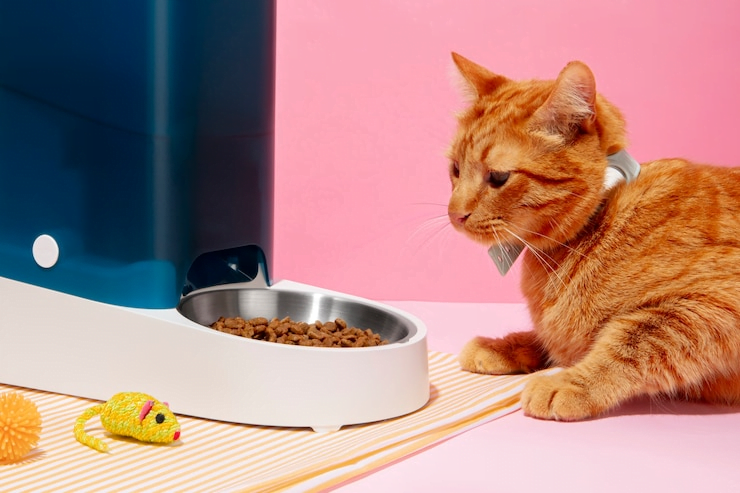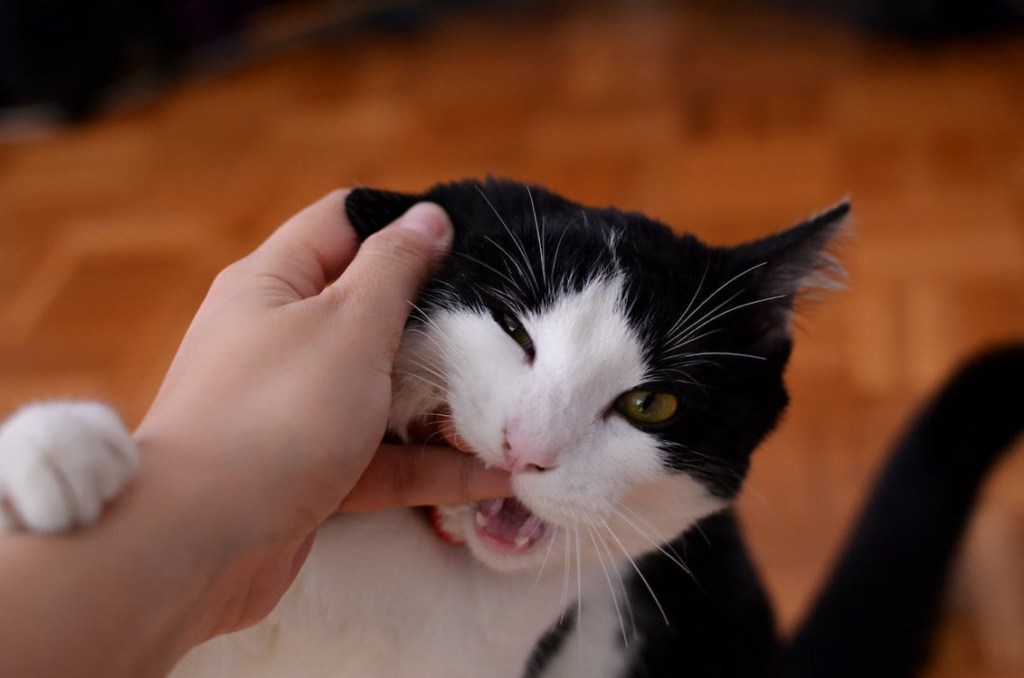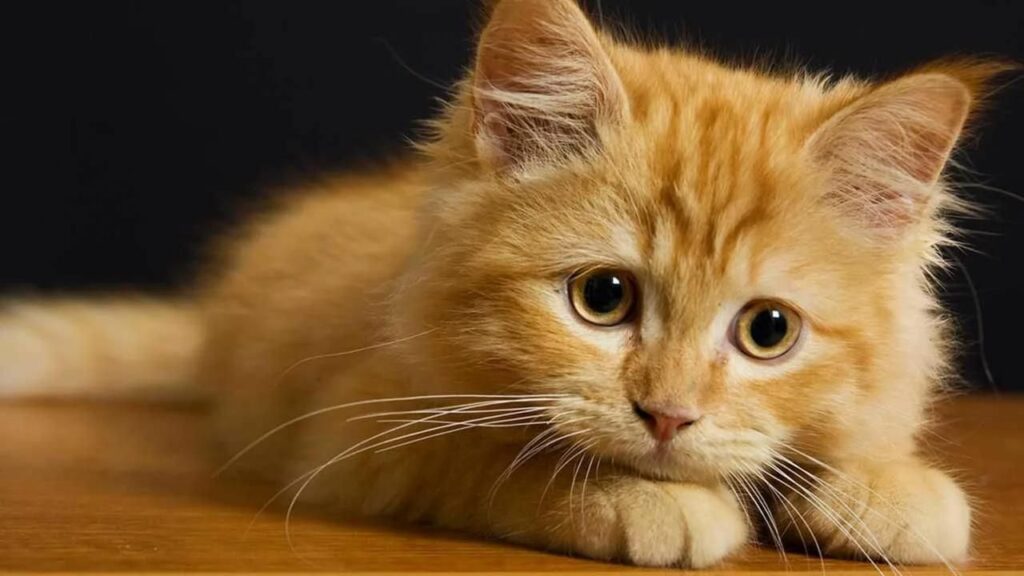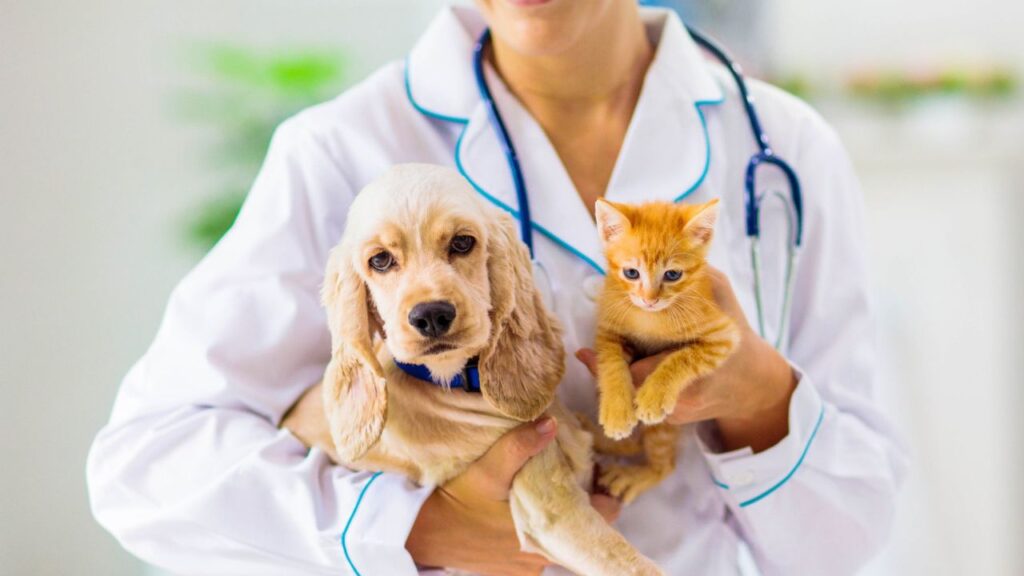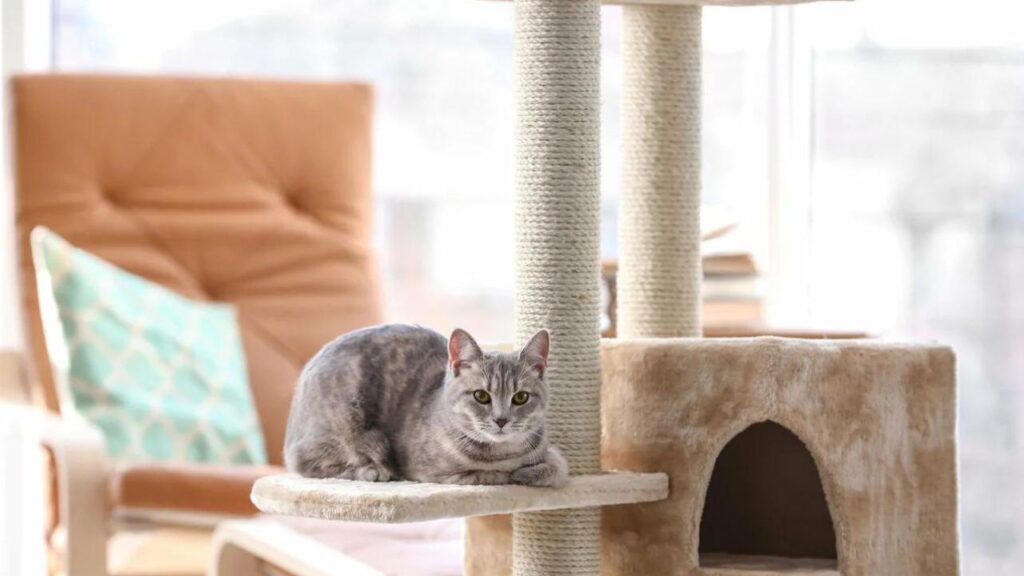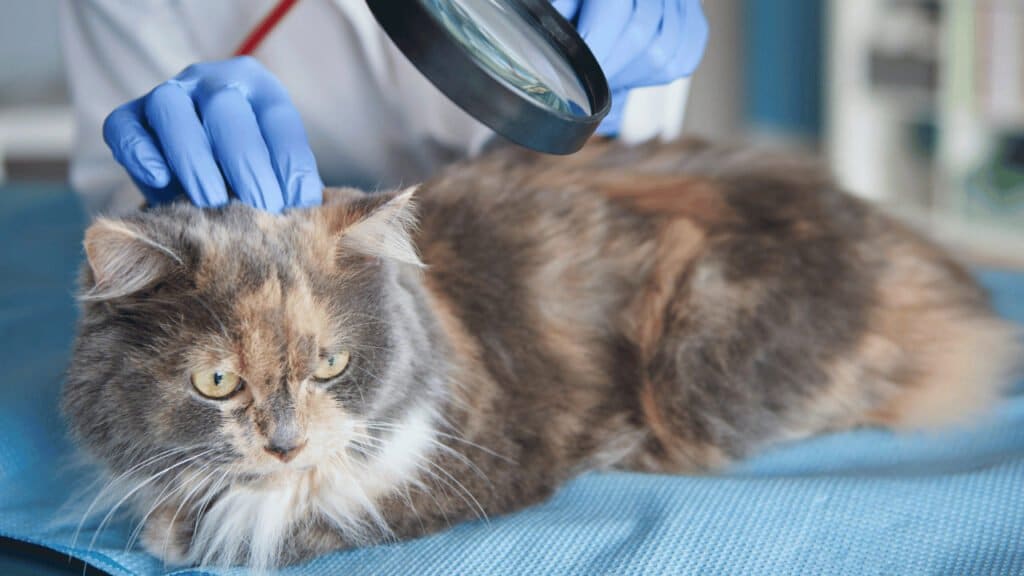Kittens are tiny, adorable bundles of energy that require careful attention and proper nutrition to grow into healthy adult cats. For cat owners, understanding their furry friends’ dietary needs and limits is crucial. How long can a kitten go without food before it starts to suffer? This post will provide all the information you need to ensure your kitten stays healthy and well-fed.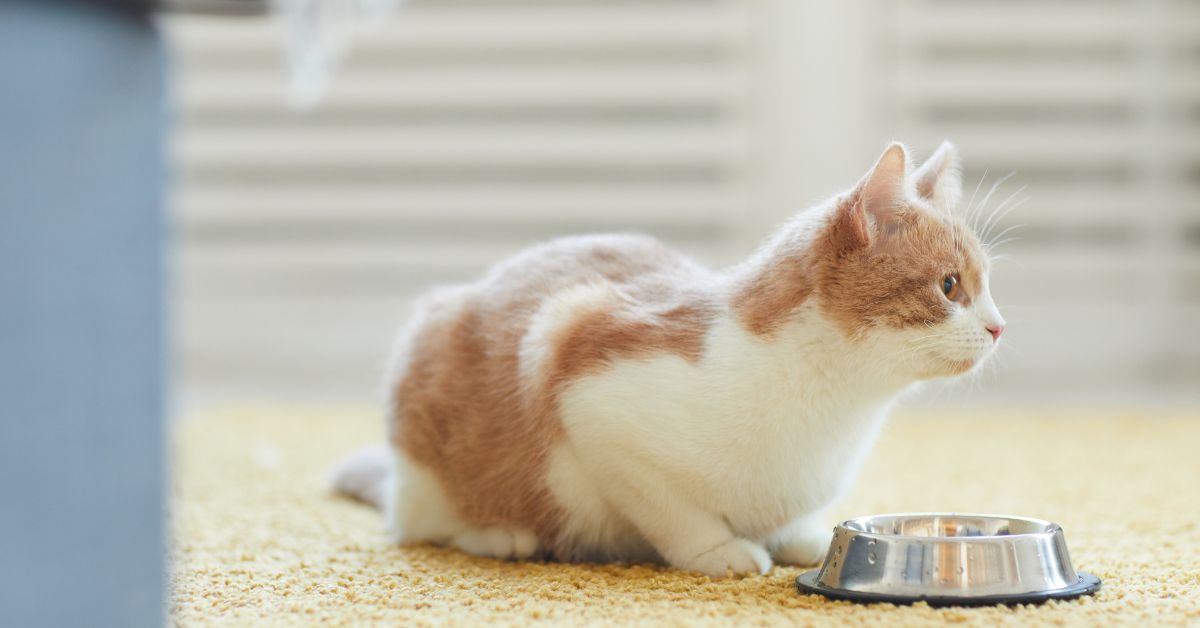
How Long Can a Kitten Go Without Food?
Kittens are more vulnerable to the effects of starvation than adult cats. Due to their rapid growth and high energy levels, they require frequent feeding. Generally, a kitten should only go with food for 12-24 hours. Beyond this period, their health can start to deteriorate rapidly.
A kitten’s metabolism is fast; missing even one meal can lead to severe hypoglycemia (low blood sugar). This condition can manifest as lethargy, tremors, and even seizures. Therefore, feeding your kitten regularly is essential to maintain their energy levels and overall health.
How Long Can Cats Go Without Food?
Adult cats have a bit more resilience compared to kittens when it comes to going without food. Generally, a healthy adult cat can survive without food for up to a week, but this is not ideal and can lead to severe health issues.
Cats are obligate carnivores, meaning their diet must consist of animal proteins to meet their nutritional needs. Prolonged starvation can result in hepatic lipidosis, a potentially fatal liver condition. Therefore, while adult cats may survive longer without food than kittens, they should not be deprived of food for extended periods.
What Do Kittens Eat Besides Milk?
While milk is a crucial part of a kitten’s diet in the early stages of life, they eventually need to transition to solid foods. Kittens can start eating solid food around 3-4 weeks of age, beginning with soft, wet food that is easy to digest.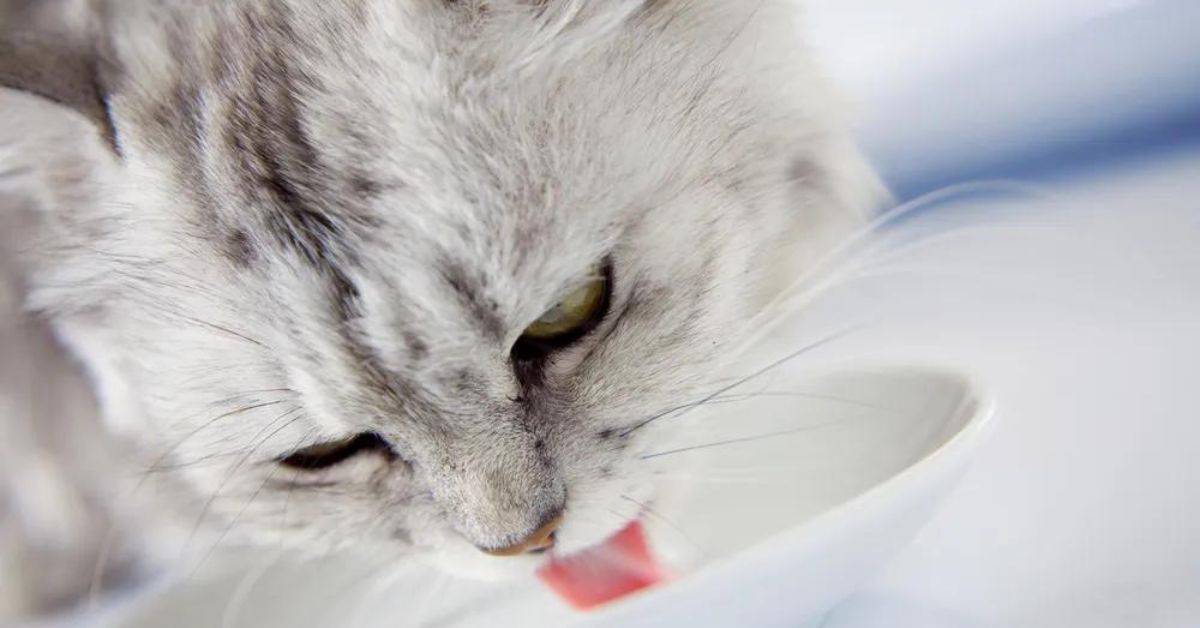
Around 8 weeks, they can start eating dry kitten food, although it should still be moistened to make it easier for them to chew. It’s essential to provide a balanced diet with all the necessary nutrients, such as proteins, fats, and vitamins, to support their growth and development.
How Long Can Cats Go Without Water?
Water is even more critical than food for both kittens and adult cats. Dehydration can set in quickly, especially in kittens, leading to severe health issues. A kitten should not go without water for more than 12 hours, while adult cats can generally survive for about three days without water.
Signs of dehydration include lethargy, sunken eyes, and dry gums. Always ensure your cat has access to fresh, clean water to prevent dehydration and maintain health.
How Long Should You Wait to See Your Vet?
If your kitten or cat has yet to eat or drink water for more than 24 hours, it’s time to consult your vet. Waiting longer can result in severe health consequences and complicate treatment.
Veterinarians can provide fluids, run necessary tests, and recommend a feeding plan to nurse your pet back to health. Timely intervention is crucial to prevent long-term damage and ensure a swift recovery.
The Basics: How Long Can a Kitten Survive Without Food and Water?
Kittens are especially vulnerable without food and water due to their high metabolic rates and rapid growth. Without proper nutrition and hydration, a kitten can only survive for a short period—typically no more than a day or two.
Dehydration and hypoglycemia are the main concerns, both of which can lead to severe health issues or even death if not addressed promptly. Constantly monitor your kitten’s eating and drinking habits to ensure they are getting adequate nutrition.
Exceptional Cases: How Long Can a 3-Month Kitten Survive Without Food?
At 3 months old, kittens are more resilient than newborns but require frequent meals. A 3-month-old kitten should not go without food for more than 24 hours. Their growing bodies need constant fuel to support their development and activity levels.
Prolonged fasting can lead to weight loss, weakness, and potential organ damage. Establishing a regular feeding schedule and providing balanced meals is essential to keep your 3-month-old kitten healthy.
Adult Cats: How Long Can Adult Cats Survive Without Food or Water?
Adult cats have a higher food deprivation tolerance than kittens, but they are not invincible. An adult cat can survive without food for about a week, but going without water can be deadly within three days.
Prolonged starvation can lead to muscle wasting, organ failure, and severe dehydration. Always ensure your adult cat has access to both food and water to maintain their health and wellbeing.
Emergency Situations: How Long Can a Cat Go Without Food Before Liver Damage?
Cats are prone to developing hepatic lipidosis, or fatty liver disease when they go without food for extended periods. This condition occurs when the liver is overwhelmed by fat mobilization from the body’s stores, leading to liver dysfunction.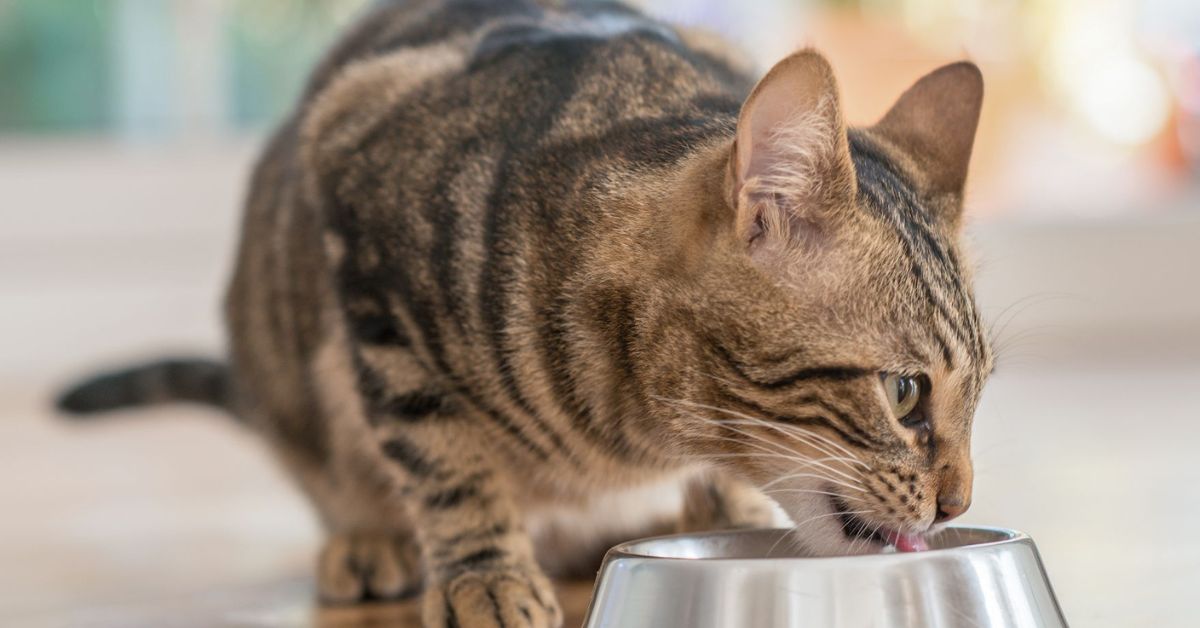
Typically, liver damage can start to occur after just a few days of starvation. Symptoms include jaundice (yellowing of the skin and eyes), vomiting, and lethargy. Immediate veterinary care is necessary to treat hepatic lipidosis and prevent permanent damage.
Prevention is Key
The best way to ensure your kitten or cat doesn’t go without food is to establish a regular feeding schedule and monitor their eating habits. If you notice any changes in appetite, seek veterinary advice immediately.
Additionally, always provide fresh, clean water for your pet and encourage them to drink regularly. Proper nutrition and hydration are crucial for maintaining a healthy and happy feline companion. You can avoid emergency situations and keep your cat well-nourished by taking preventative measures.
Newborns: How Long Can a Newborn Kitten Go Without Eating?
Newborn kittens are incredibly fragile and depend entirely on their mother’s milk for nutrition. A newborn kitten should only go with food for 4-6 hours. Without frequent feeding, they can quickly become hypoglycemic and dehydrated.
If the mother cat is unavailable, bottle-feeding with kitten milk replacer is essential. Ensure the milk replacer is specifically formulated for kittens, as cow’s milk can cause digestive issues. It’s crucial to seek guidance from a veterinarian in caring for orphaned newborn kittens.
Practical Advice on How to Help a Starving Kitten or Cat
If you suspect your kitten or cat is starving, immediate action is required. Start by offering small, frequent meals to avoid overwhelming their digestive system. Wet food is often easier to digest and more palatable for a distressed cat.
For hydration, offer fresh water or an electrolyte solution designed for pets. Monitor their progress closely and consult a veterinarian if there are any concerns. Proper nutrition and hydration are crucial for recovery. Prevention is always better than treatment, so provide your kitten or cat with a balanced diet and regular access to food and water to avoid starvation.
Taking proper care of your kitten or cat’s nutritional needs is crucial for their overall health and wellbeing. Please consult your veterinarian for personalized dietary recommendations based on age, weight, and specific health concerns. Providing them with the necessary nutrients through a balanced diet can help ensure a long and healthy life for your feline friend.
Conclusion
How long a kitten or cat can go without food and water is essential for responsible pet ownership. Kittens are particularly vulnerable and require frequent feeding and hydration to thrive. While more resilient, adult cats also need regular meals and water to stay healthy.
Constantly monitor your pet’s eating and drinking habits, and seek veterinary care for any signs of distress. Being proactive and attentive can ensure your furry friend remains healthy and happy.
Consider booking a consultation with a veterinary professional for more information and personalized advice. Your pet’s health and wellbeing are worth the investment.
FAQ
How long is too long for a kitten not to eat?
Kittens who are too young to be independent of their mother can only last a few hours without eating. While older kittens might be able to survive for a few days without feeding, they risk becoming weak and emaciated within a day.
How long can kittens survive without food and water?
Just like humans, cats can spend extended periods without food or drink. Cats can last up to two weeks without eating but only last three days without water. But the longer your cat goes without food, the weaker they get, so if you think your cat has yet to eat in a day or longer, call your veterinarian.
Should I leave food down for my kitten all day?
“Young cats need more frequent feeding,” adds Bough. “But as they age, they can go to twice-a-day feeding.” Larsen concurs that allowing young kittens to “free feed” or have access to an endless supply of food throughout the day is OK. However, the kittens should start eating meals at about four or six months of age.
Should kittens have access to food all night?
Whatever your pet’s meal plan, feeding them throughout the day ensures their survival and wellbeing. Constant consumption is wasteful, overindulgent, and may harm your cat’s health and wellbeing.

